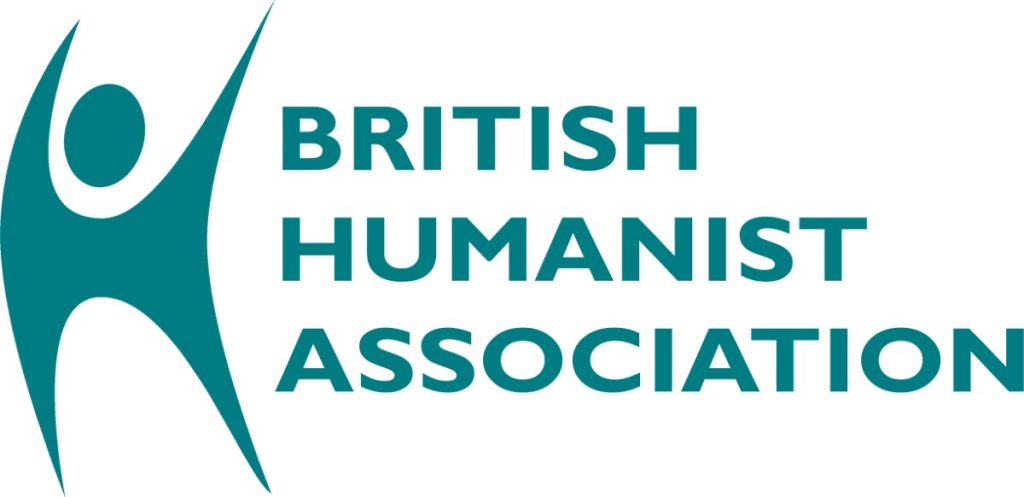Concealed by the wider process of ‘academisation’ of state schools in England and going largely unnoticed, is the biggest surge of religious influence in our education system in a generation.
Take an example from only a few months ago. In March the Church of England announced plans to form a multi-academy trust (MAT) (a group of academies that are legally one organisation) containing just one of its own religious primary schools and four other primary schools. The Church will only be responsible for one out of the five schools in the MAT, but because of a deal stitched up with the Government, in such cases it is entitled to fill a majority of the seats on the trust’s board and so have ultimate control over the running of all five schools. If the plans go ahead (and there is nothing in law to stop that from happening) the Church will be running five schools where before it was only running one. No wonder local councillors have described the move as a ‘takeover’.
MATs that contain both religious and other schools are called ‘mixed MATs’. Given seats on a trust’s board, whether a majority or not, religious bodies are able to influence school life across all the academies in a mixed MAT in an alarming variety of ways. One doesn’t have to have too vivid an imagination to anticipate the kind of problems that will arise with Christian and Muslim religious organisations now running mixed MATs and setting the religious education syllabus for schools that previously were not religious.
Then there’s collective worship – the anachronistic and discriminatory legal requirement that all schools, whether religious or not, should force their children to pray every day. For obvious reasons.
Many non-church schools choose not to adhere to the requirement, but you can be pretty sure this changes quite quickly when a school finds itself run by a religious organisation. And that’s not to mention Sex and Relationships Education too, which is left entirely to the discretion of the academy and its trust.
It would be wrong, of course, to suspect that everyone involved in education on behalf of religious organisations has ulterior motives. A great many simply want to do the best by the children in their schools. However, there are plenty of real examples of religious influence overriding the needs and wishes of pupils and parents when ‘faith’ schools and community schools are joined.
Just one example that we were contacted by local parents opposing was Tudor Grange, a community secondary school in Solihull. A good school with no previous religious designation or ethos that many parents chose for that very reason. After converting to an academy, it was asked by the Church of England to sponsor one of its struggling primary schools. Tudor Grange then declared itself as having a religious ethos, and the resulting affiliation agreement between Tudor Grange and the local diocese included commitments by the school to ‘seek to acknowledge the importance of spirituality and faith to our school life’. What’s more, Tudor Grange then designated both that primary school and another Church of England primary (the fifth and fifteenth nearest to Tudor Grange, incidentally) as feeder schools with priority in admissions. In doing so, Tudor Grange effectively became a religiously selective school, despite not even being designated with a religious character.
Unless robust safeguards are introduced into the terms by which religious schools and schools without a religious character can be part of the same academy trust, these kind of cases will become commonplace. Analysis published by the British Humanist Association this week has revealed that there are already 350 academies with no religious character in trusts either controlled or influenced by religious organisations, when just four or five years ago none of this was even possible. Many more are in the pipeline.
Our country is more diverse than it ever has been before, not to mention less religious, and the need for an education system that is inclusive, secular, and non-discriminatory has never been greater.
The influence of religious organisations in schools runs entirely counter to that ambition and, at the moment, so do the arrangements for multi-academy trusts. We are now in danger in England of running a nineteenth century school system for a twenty-first century population. This has to change.





-01.png)